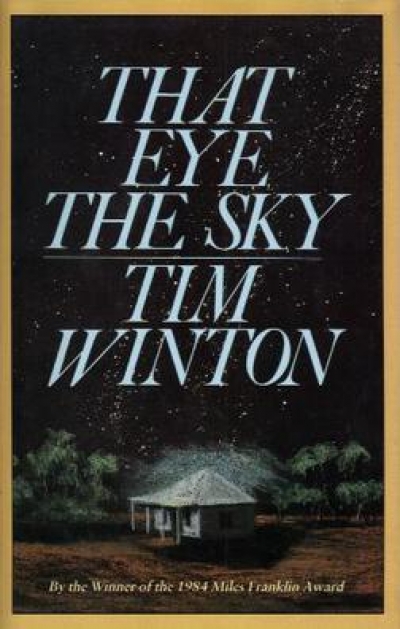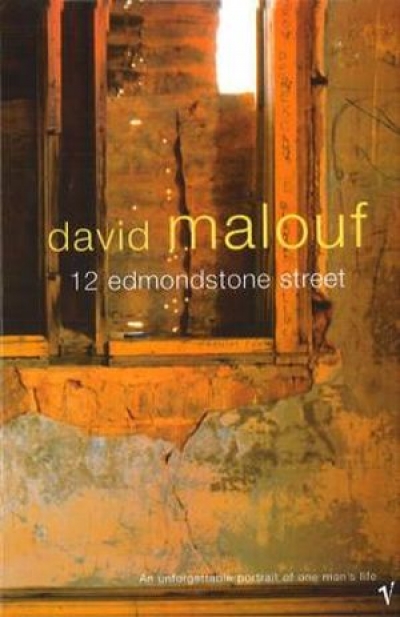Archive
Boy with A Telescope by Jan Owen & The Twofold Place by Alan Gould
Are we in Sydney or Singapore this January? Tinsel Town gives off the same driving ram, the same steamy conditions as the city-state shaking on its financial foundations. Some days of course the sun shines, the beaches are bright with bikinied or semi-bikinied naiads and the surf patrols strut. However, it is Tinsel Town as described by its literati that has kicked the year off with a bang.
... (read more)Melbourne has Moomba and Melbourne Cup week. Sydney and Perth have cultural festivals. And so, pre-eminently, does Adelaide. Even from the backblocks of Melbourne, Adelaide Writers’ Week stirs up a real thrill.
... (read more)In the small hours of Saturday, 31 August, after the wind-up dinner of the Association for the Study of Australian literature in Armidale, John Hanrahan told the writer not to forget the self-portrait he had promised for Australian Book Review. The writer, at that stage somewhere between exhaustion and tranquillity, assured him it would be done soon. Later he regretted what he’d said, because, at fifty-four, he didn’t like looking at himself in mirrors. Perhaps though, if he softened the lights just a little ...
... (read more)Many Australian publishers question the ability of overseas publishers to market and distribute a London published book by an Australian writer in Australia. The emotional and commercial commitment to a book by a distributor, they argue, is not the same as that of a publisher. An Australian publisher also has a better perception of the market and the quantities required. In the case of the market being underestimated, reprints of sufficient quantity can be supplied relatively quickly. In general my experience as a bookseller would confirm these comments.
... (read more)The Best of Max Harris: 21 years of browsing by Max Harris
New York snow storms may blow outside his window, but Sumner Locke Elliott is feverishly busy indoors writing a novel set in Australia between the wars. He hopes to complete it by late spring.
... (read more)






